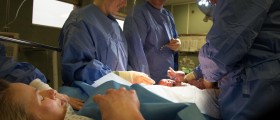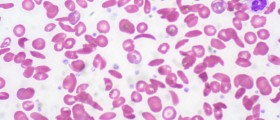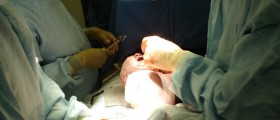
Yes!
Arguments in favor of cord blood banking are quite clear. Every parent wants to protect their child from illness in the future, and especially serious and life-threatening ones like those mentioned above. Donor bone marrow that also happens to be a good match is still, unfortunately, a rare find. Unless you donate your baby's cord blood, you know it will be around and a perfect match if needed. The cord blood banking procedure is quite straight forward. The cord is taken from the baby's umbilical cord the end that is attached to the placenta after the cord has been cut. Immediate cord cutting is standard hospital practice in many places so no changes there. A nurse can collect vials of blood easily. Thew procedure is simple, but does need to be arranged in advance and is optional rather than routine.
No, thanks!
Of course, there are also arguments against cord blood banking. One of those I personally found most convincing is the fact that cord blood cannot be banked unless the umbilical cord is cut right after giving birth. Increasing numbers of OBs write about the benefits of delayed cord clamping, and allowing the baby to get its full supply of blood. Actually, a third of the baby's blood volume during pregnancy will reside in the placenta at any given time, and that amount will also be present in the placenta upon birth. We opted to wait until the cord stopped pulsating before cutting. Babies whose cords are not cut immediately have higher iron levels and lower odds of anemia. The other argument is the cost. Cord blood banking is not cheap. Babies cost plenty without cord blood banking. This argument flies pretty well if you simply can't afford cord blood banking, but also if you have other priorities or are not convinced of the benefits of cord blood banking.
















Your thoughts on this
Loading...